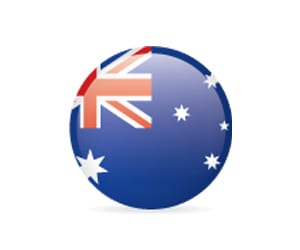AWC hits out at proposed South Australian PoC tax

The Australian Wagering Council (AWC) has criticised proposals from the South Australian State Government to introduce a ‘place of consumption’ (PoC) tax on betting operators in the region, branding the plans as “untenable in practice”.
Last week, the State Government revealed plans to place a 15% wagering tax on where bets are placed, rather than where the company itself is based.
Operators based outside the region currently benefit from lower tax rate, although the State Government expects the new PoC tax to generate as much as Aus$9.2 million (€6,2 million/US$6.8 million) in new revenue each year.
However, Ian Fletcher, chief executive of the AWC, has hit out at the proposals, stating that the new tax rate will be a major blow for customers in the region, as well as South Australian racing and sports bodies.
“This tax will significantly impact the ability of Australian licensed wagering providers to operate in the South Australian market and give a free kick to unlicensed offshore operators, who are merely a mouse click away and who pay no tax in Australia,” Fletcher said in a statement.
“The unintended consequences of a place of consumption tax will adversely affect government, consumers and racing and sporting bodies; it is untenable in practice.
“AWC members already have existing financial obligations in the form of federal taxes, state licensing fees and product fees – effectively a form of direct tax – paid to racing and sporting bodies.
“The imposition of a ‘place of consumption tax’ would significantly increase the taxation burden.
“Small or boutique operators may become economically unviable and either fold or consolidate their businesses; other operators may choose not to service South Australian customers.
“Offshore operators pay no government tax and no industry tax in the form of product fees, so the revenue to government, racing and sport will actually decrease with an increase in offshore wagering activity.
“Australia’s unique product fee agreements mean, not only do licensed online wagering operators deliver effective direct revenue to racing and sporting bodies, but the integrity and information sharing arrangements between the parties help protect racing and sport from match-fixing and corruption, ensuring Australians can wager with confidence.
“These advantages will be lost as more South Australians seek to place with bets with offshore operators.”
Related article: South Australia reveals country’s first interstate gambling tax
